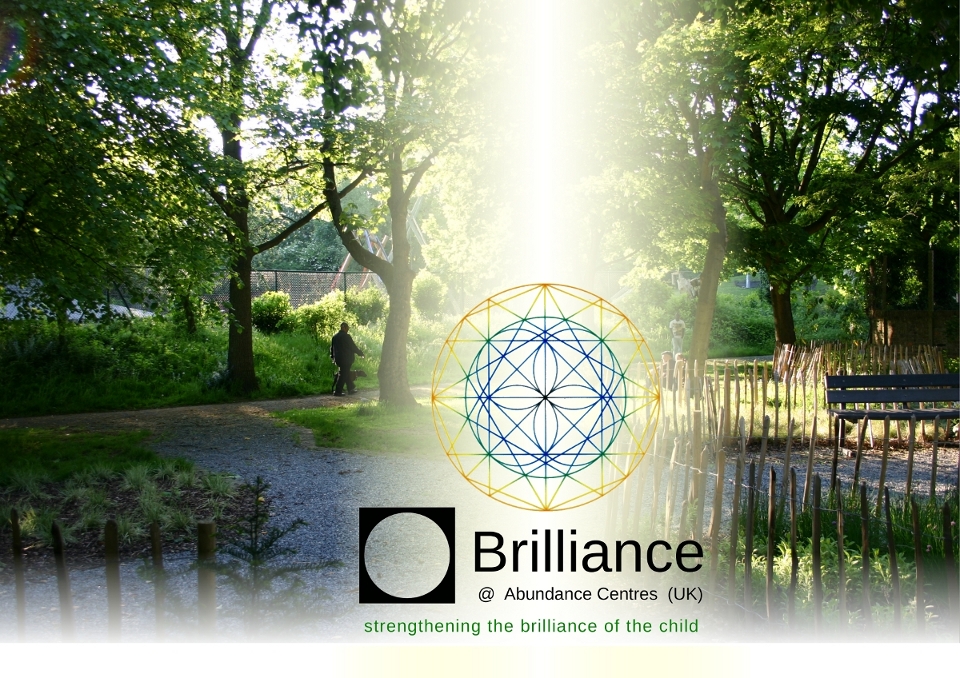
የግዛት ዕዉቀት
YehGzat Urwuk'eht (environmental science)
from a Unifiedknowledge perspective.
YehGzat Urwuk'eht - Province (Space) Knowledge is (SOUL) Schools Of Unified Learning's “environmental science”, the following is a statement to help establish important clarity regarding its common ground, basic principles and points of distinction.
In common usage, "Environmental Science" and "Ecology" are often used interchangeably, but technically, ecology refers only to the study of organisms and their interactions with each other and their environment (gzat). Ecology therefore could be considered a subset of Environmental Science.
YehGzat Urwuk'eht is an advanced multidisciplinary study that seeks to integrate physical sciences, meta & quantum physics and the biological sciences, (including but not limited to ecology, physics, quantum physics, chemistry, zoology, mineralogy, oceanology, limnology, soil science, geology, atmospheric science, astronomy, astro-physics and geography) to the study of the gzat (space, the environment), and the creation of wholistic environmental innovations and overstandings. YehGzat Urwuk'eht provides an integrated, quantitative, qualitative and interdisciplinary approach to the study of environmental order and organisation (Maat).
It is important to know the history; Environmental Science came alive as a substantive, active field of scientific investigation in the 1960s and 1970s driven by (a) the need for a multi-disciplinary approach to analyze apparently complex environmental problems, (b) the arrival of substantive environmental laws (seeded in a historically pivotal political agendas) dictating specific environmental protocols, practices and requirements, and (c) the growing public awareness of the “environmental problems” reasoning.
Thus
environmentalism is a
broad and relatively new philosophy,
ideology and social movement focused on
concerns for environmental conservation
and improvement of the health of the
environment, particularly as the measures
for this health seeks to incorporate the
concerns (security) of non-human
elements/parties. Environmentalism
advocates the preservation, restoration
and/or improvement of the natural
environment, and may be referred to as a
movement to control pollution or protect
plant and animal diversity for perpetuity.
For this reason, concepts such as a land
ethics, environmental ethics,
biodiversity, ecology and the biophilia
hypothesis figure predominantly.

At its crux, environmentalism is an attempt to balance relations between humans and the various natural systems on which they depend in such a way that all the components are accorded a perceived proper degree of sustainability. The exact measures and outcomes of this balance is controversial and there are many different ways for environmental concerns to be expressed in practice. There is a significant body of people who hold a skeptical stance against many environmentalist perspectives, viewing it as a ideological way that diverts human consciousness away from its superior creative capacities and abilities to overstand apparent challenges. This body of thought posit that in the bigger picture there are no limits to growth and that the sustainability idea masks an agenda of continued underdevelopment, a kind of development capping directed to the majority of the worlds populations who already live in relative underdevelopment. Interrelated are concerns about apparent population control agendas and policies.
Simply
sustainability
is
the
capacity
to endure
or a capacity to keep things / beings
ongoing. In ecology the idea of
sustainability is for many the apparent
potential for longterm maintenance of
ecological well being by reorganising
living conditions (e.g., ecovillages,
eco-municipalities, social values and
sustainable cities), reappraising economic
sectors (permaculture, green building,
sustainable agriculture), or work
practices (sustainable architecture),
using science to develop new technologies
(green technologies, renewable energy and
sustainable Fission and Fusion power), to
adjustments in individual lifestyles and
mentalities so as to conserve natural
resources etc. All of the above are in the
studies of YehGzat Urwuk'eht however
within SOUL and Abundance Centres (UK)
they are pursued without the implicit conception
of
scarcity or limits
to growth that typically comes
with the "sustainability" idea. Quite the
opposite YehGzat Urwuk'eht as
contextualised in the unifiedknowledge
practice is studied in
relation to values of increasing abundance
in correspondence with increasing harmony
with nature and the
development of universal
introspection.

Healthy
ecosystems
and environments are necessary
to the survival, maturation and
flourishing
of humans and other organisms. YehGzat
Urwuk'eht prepares humans to find
harmonious ways to engage with the
environment that work now and are designed
to improve the gzat (particularly the
Earth) as a legacy for future generations
whilst being conscientiously honourable to
One's human ancestry. There are a number
of major ways of exploring this agenda;
environmental management, equitable
development, consumption management and
most importantly innovation (distinctly
human
creative
capacities
realised).
These
approaches are based on a broad body of
ancient, traditional and contemporary
global knowledge streams working in a yeht'mr
urwuk'eht (unifiedknowledge) pedagogical
matrix for the
continuous evolutionary advancement of
human species universally.

